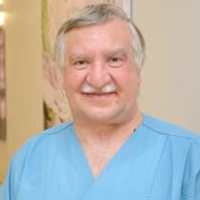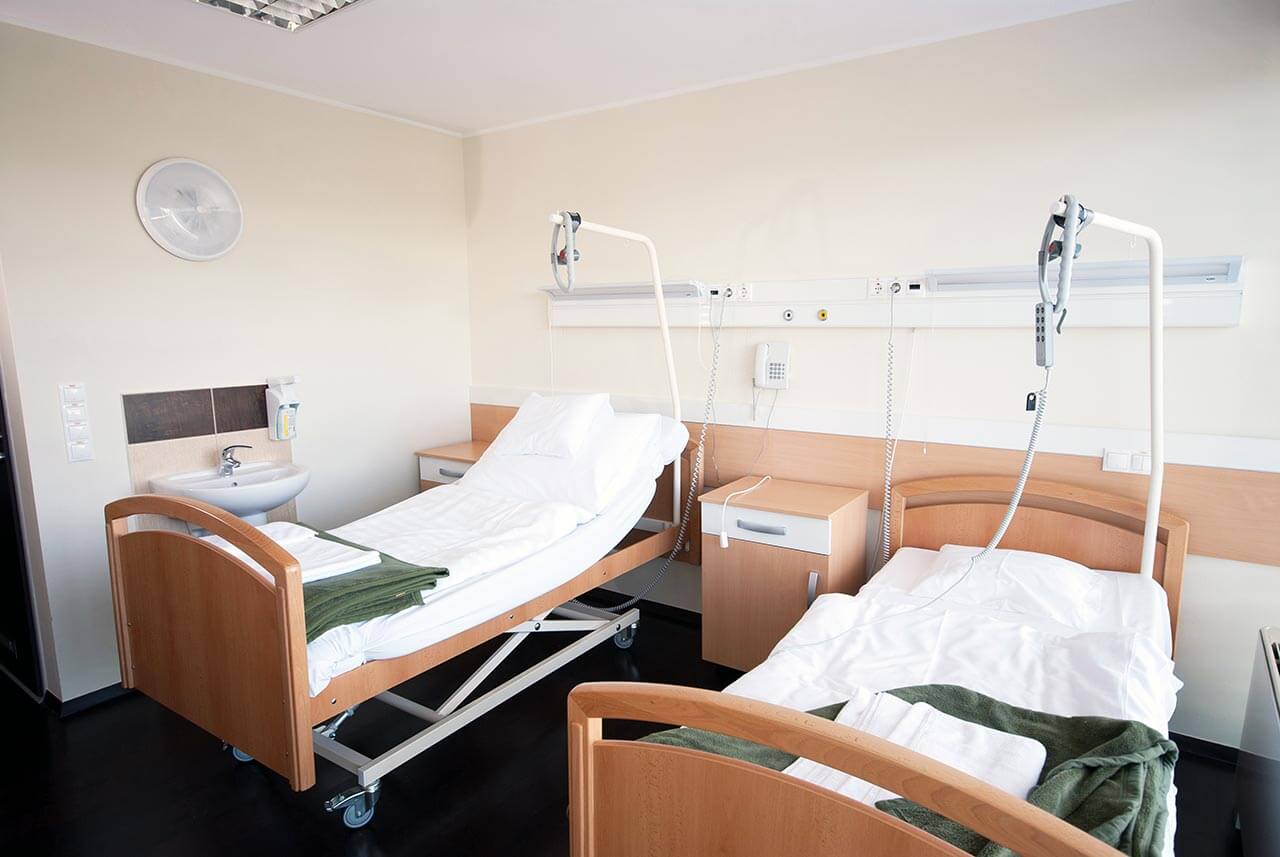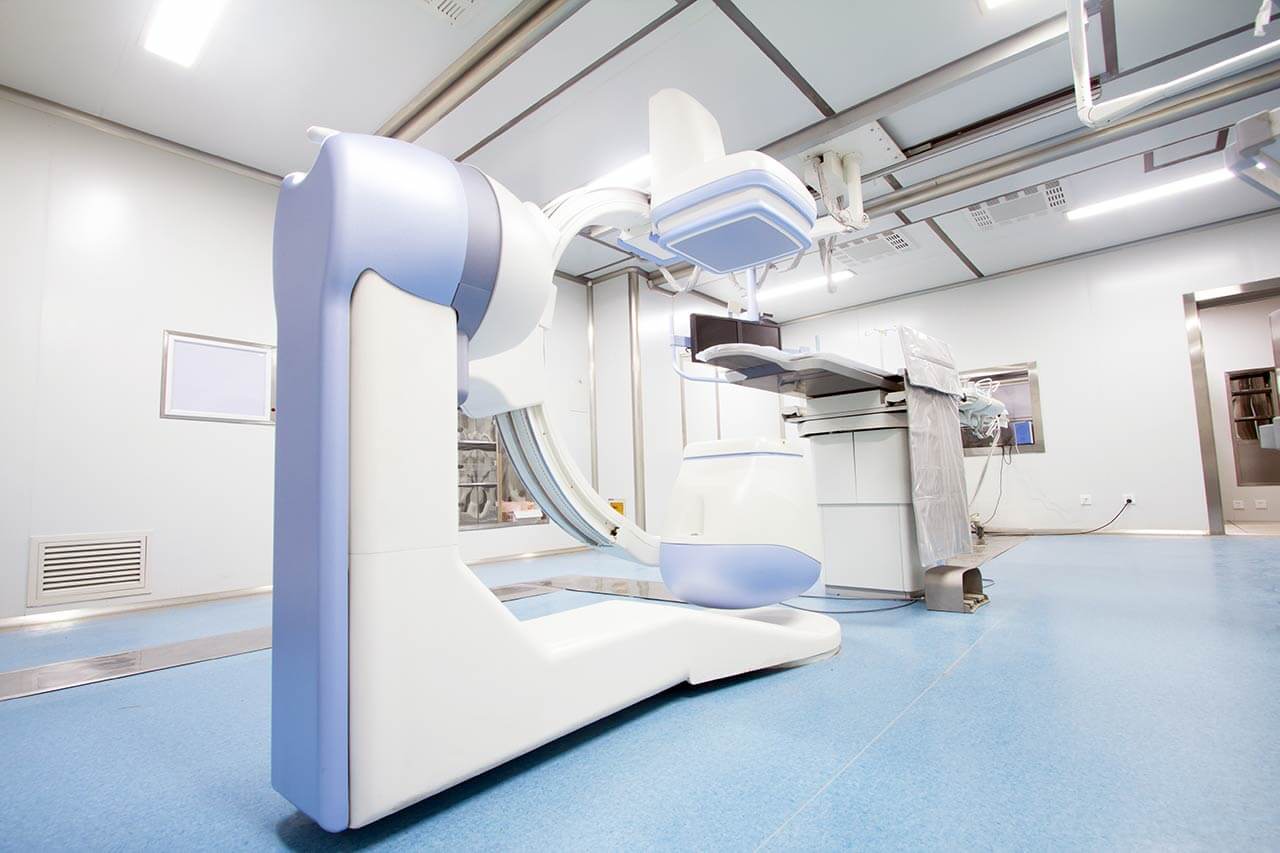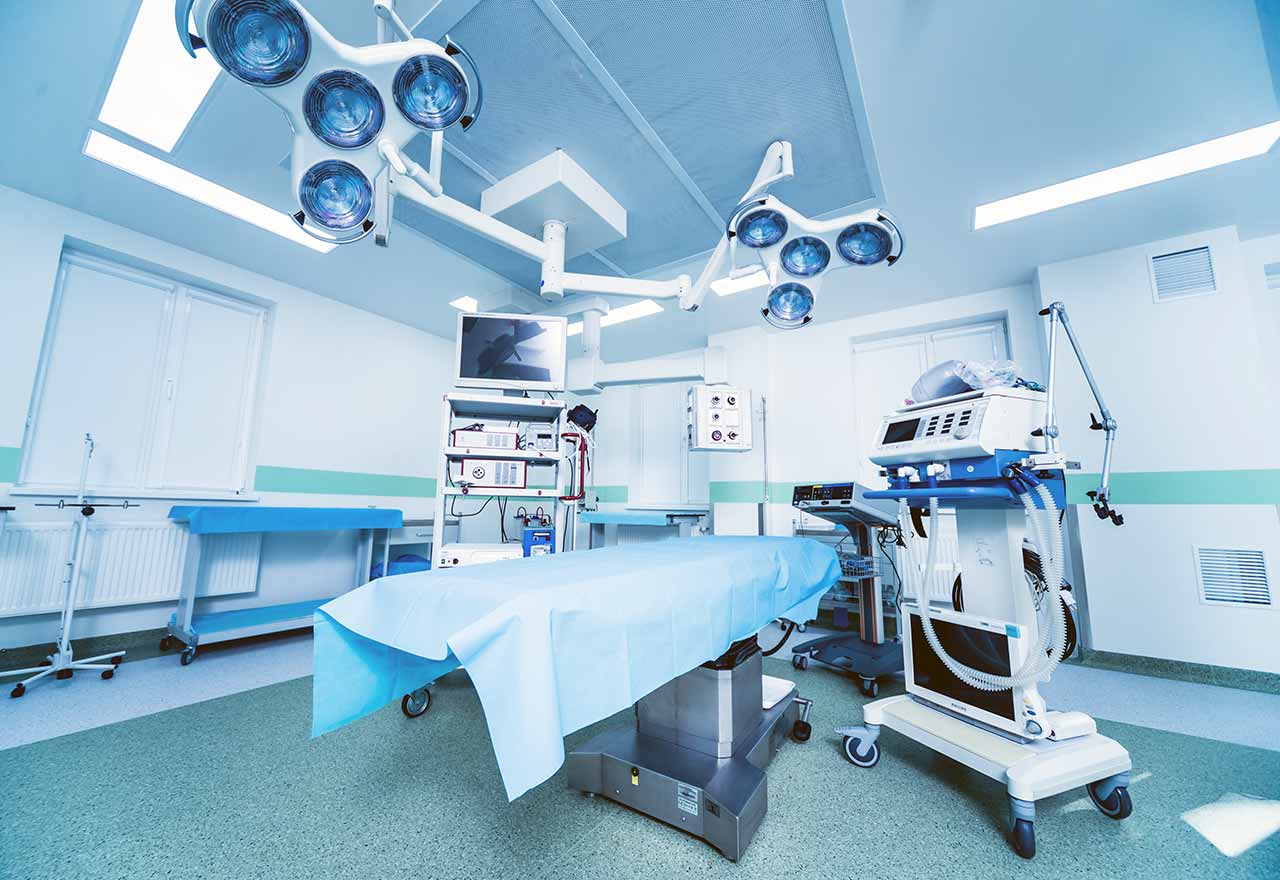
The program includes:
- Initial presentation in the clinic
- clinical history taking
- review of medical records
- physical examination
- laboratory tests:
- complete blood count
- biochemical blood test
- general urine analysis
- tumor markers (Chromogranin A (CgA))
- inflammation markers (CRP, ESR)
- blood coagulation analysis (aPTT, PT, INR)
- ultrasound of the abdomen
- gastroscopy and colonoscopy with biopsy
- CT/MRI of the abdomen (if clinically indicated, additional cost is 650/1200€)
- capsule endoscopy (if clinically indicated, additional cost is 1200€)
- differential diagnosis with other gastroenterological diseases
- nursing services
- consultation of related specialists (tumor board)
- treatment by chief physician and all leading experts
- explanation of individual treatment plan
Required documents
- Medical records
- MRI/CT scan (not older than 3 months)
- PSMA PET/CT (if available)
- Biopsy results (if available)
Service
You may also book:
 BookingHealth Price from:
BookingHealth Price from:
About the department
The Department of Gastroenterology and Hepatology at the Hospital Oberberg Waldbrol offers all the possibilities of modern medicine for high-precision diagnostics and effective treatment of gastrointestinal diseases. The department provides drug treatment and endoscopic treatment for patients with diseases of the stomach, esophagus, small intestine, large intestine, rectum, liver, gallbladder, bile ducts, and pancreas. A treatment regimen is elaborated individually for each patient based on the clinical data obtained during comprehensive diagnostics. The department is proud of its state-of-the-art endoscopy rooms, where patients undergo all available examinations and therapeutic procedures in this field. The specialists most often perform gastroscopy and colonoscopy. Many medical services are provided to patients on an outpatient basis. The department has 34 beds. The competent team of the department's doctors treats about 1,500 inpatients and more than 1,000 outpatients annually. The doctors strictly follow the clinical protocols and recommendations of professional societies, taking care of maximum patient comfort during the entire therapeutic process. The department is headed by Dr. med. Hartmut Kristahl.
The department's specialists have vast experience in gastroscopy. This endoscopic procedure allows doctors to visually assess the condition of the mucous membrane of the upper gastrointestinal tract (stomach, esophagus, and duodenum). The department's doctors successfully perform gastroscopy for tissue sampling for a further histologic examination. In addition, this endoscopic manipulation is an effective and minimally invasive method for stomach polyp removal. The department's doctors also successfully use gastroscopy to arrest gastrointestinal bleeding, remove foreign bodies from the upper gastrointestinal tract, or eliminate esophageal and pyloric stenosis. For patients to avoid pain and discomfort during gastroscopy, the specialists use sedation. The duration of the procedure takes only 5-10 minutes, but if therapeutic interventions are required, it may take more time.
Another frequently used diagnostic and treatment method in the department is colonoscopy. This endoscopic procedure is used to assess the condition of the mucous membrane of the colon and rectum using a special flexible device with a built-in camera (colonoscope). A colonoscopy is used to take tissue samples from a suspicious area for follow-up examination. It is also the main screening method for colon cancer (one of the most common and life-threatening types of oncology). The procedure is also successfully used in the department for therapeutic purposes, such as the removal of colon polyps and small colon tumors in the early stages, the arrest of internal bleeding, and the elimination of stenosis. Sedation or local anesthesia may be used for pain management during a colonoscopy. The procedure usually lasts 20-30 minutes.
The department's range of medical services also includes endoscopic retrograde cholangiopancreatography (ERCP). Endoscopic and X-ray devices are used during the examination. The procedure is indicated for patients with suspected bile duct stones, bile duct stenosis, bile duct obstruction, bile duct tumors, or pancreatic tumors. Doctors approach the pancreatobiliary organs by inserting a flexible endoscope with a camera built into it through the oral cavity. The endoscope passes through the esophagus and stomach into the duodenum, entering the hepatopancreatic ampulla (junction of the orifices of the common bile duct and the pancreatic duct). The doctor then introduces a thin probe at the end of the endoscope into the desired anatomical area, injecting a contrast agent, which generates highly precise images on the screen of the X-ray device. If, during diagnostic endoscopic retrograde cholangiopancreatography, the department's specialists detect gallstones, bile duct stenosis, or other pathological changes, they mostly immediately carry out the necessary therapeutic manipulations. ERCP is performed under sedation, so pain is excluded.
The department's main clinical focuses include:
- Diagnostic options
- Endoscopic examinations
- Gastroscopy to examine the stomach, esophagus, and duodenum
- Colonoscopy to examine the large intestine
- Endoscopic retrograde cholangiopancreatography (ERCP) to examine the gallbladder, bile ducts, and pancreas
- Small bowel capsule endoscopy
- Endosonography of all parts of the gastrointestinal tract, including the bile ducts, pancreas, and liver, including targeted ultrasound-guided puncture biopsy
- Ultrasound examinations
- Classical abdominal ultrasound and Doppler ultrasonography of the blood vessels in the abdominal cavity
- Contrast-enhanced ultrasound examinations
- Liver elastography
- Contrast-enhanced liver ultrasound
- Functional diagnostics
- Esophageal manometry
- Esophageal pH monitoring and impedance measurement
- Breath tests for suspected lactose and fructose intolerance
- 13C-urea breath test for Helicobacter pylori infection
- Endoscopic examinations
- Therapeutic options
- Gastroscopy to remove stomach polyps and small stomach tumors in the early stages, arrest gastrointestinal bleeding, remove foreign bodies from the upper gastrointestinal tract, and eliminate esophageal and stomach stenosis or stricture
- Colonoscopy to remove colon polyps and small colon tumors in the early stages, arrest gastrointestinal bleeding, remove foreign bodies from the colon, and eliminate colon stricture
- Endoscopic retrograde cholangiopancreatography (ERCP) to remove gallstones, implant, replace, or remove stents in cases of stenoses, and remove small tumors in the early stages
- Percutaneous transhepatic cholangiography with internal and external bile duct drainage procedures
- Botulinum toxin injections for esophageal achalasia
- Other diagnostic and treatment methods
Photo of the doctor: (c) Klinikum Oberberg GmbH
About hospital
The Hospital Oberberg Waldbrol is a progressive medical facility with a priority focus on effective treatment and high-quality patient care. The medical complex is an academic hospital of the University of Bonn, which guarantees direct access to medical innovations.
The medical staff of the hospital applies an individual approach to each patient, which allows the doctors to achieve the optimal treatment result. The hospital employs 550 highly qualified specialists who regularly undergo advanced training courses. The doctors of the hospital take part in both national and international congresses, which helps them stay informed on medical innovations and share personal clinical experience with their colleagues.
The hospital has 275 beds for inpatient treatment. It is worth noting that recently the hospital has been significantly restored, and therefore, in addition to the innovative equipment and competent personnel, the medical facility has advanced infrastructure and a modern design of the patient rooms.
The hospital includes the Center of Excellence for Vascular Surgery Oberberg, the only medical facility in the region, which offers high-precision diagnostics and effective treatment of all vascular diseases. It uses both conservative and classic surgical and interventional (for example, balloon catheterization) techniques.
In addition, the hospital has one of the most advanced systems for computed tomography (CT), which allows the doctors to get instant images with minimal radiation exposure to the body.
Photo: (c) depositphotos
Accommodation in hospital
Patients rooms
The patients of the Hospital Oberberg Waldbrol live in cozy and comfortable rooms designed in light colors. Each patient room has a shower and a toilet. The furnishings of a standard room include an automatically adjustable bed, a bedside table with a pull-out tray, a wardrobe for storing clothes, a table and chairs for receiving visitors, a TV, and a telephone. Wi-Fi is also available in the patient rooms.
The hospital also has enhanced-comfort rooms, which additionally include a refrigerator, a safe, and upholstered furniture. The bathroom has a hairdryer, bathrobe, toiletries, and towels.
Meals and Menus
The patients at the clinic are offered a daily choice of three menus. If, for some reason, you do not eat all the foods, you will be offered an individual menu. Please inform the medical staff of your food preferences prior to treatment.
The hospital also houses a cozy cafe that serves complex breakfasts and lunches, tasty main courses, and salads. The menu also includes a wide variety of desserts and hot drinks.
Further details
Standard rooms include:
![]() Toilet
Toilet
![]() Shower
Shower
![]() Wi-Fi
Wi-Fi
![]() TV
TV
Accompanying person
Your accompanying person may stay with you in your patient room or at the hotel of your choice during the inpatient program.
Hotel
You may stay at the hotel of your choice during the outpatient program. Our managers will support you for selecting the best option.




